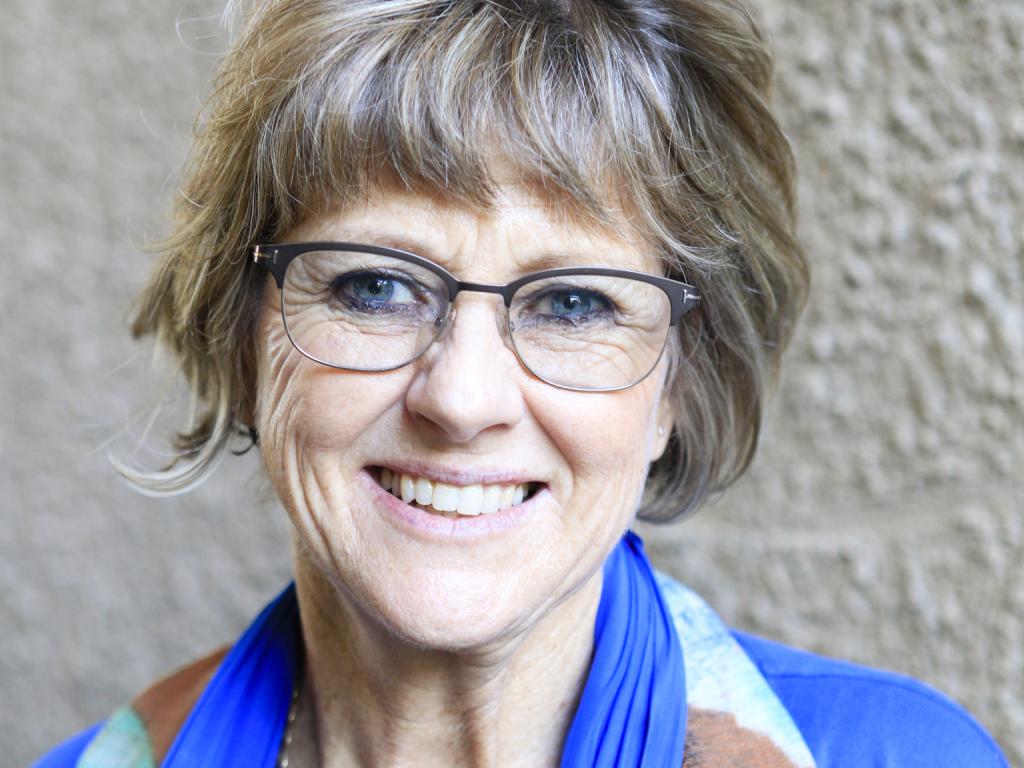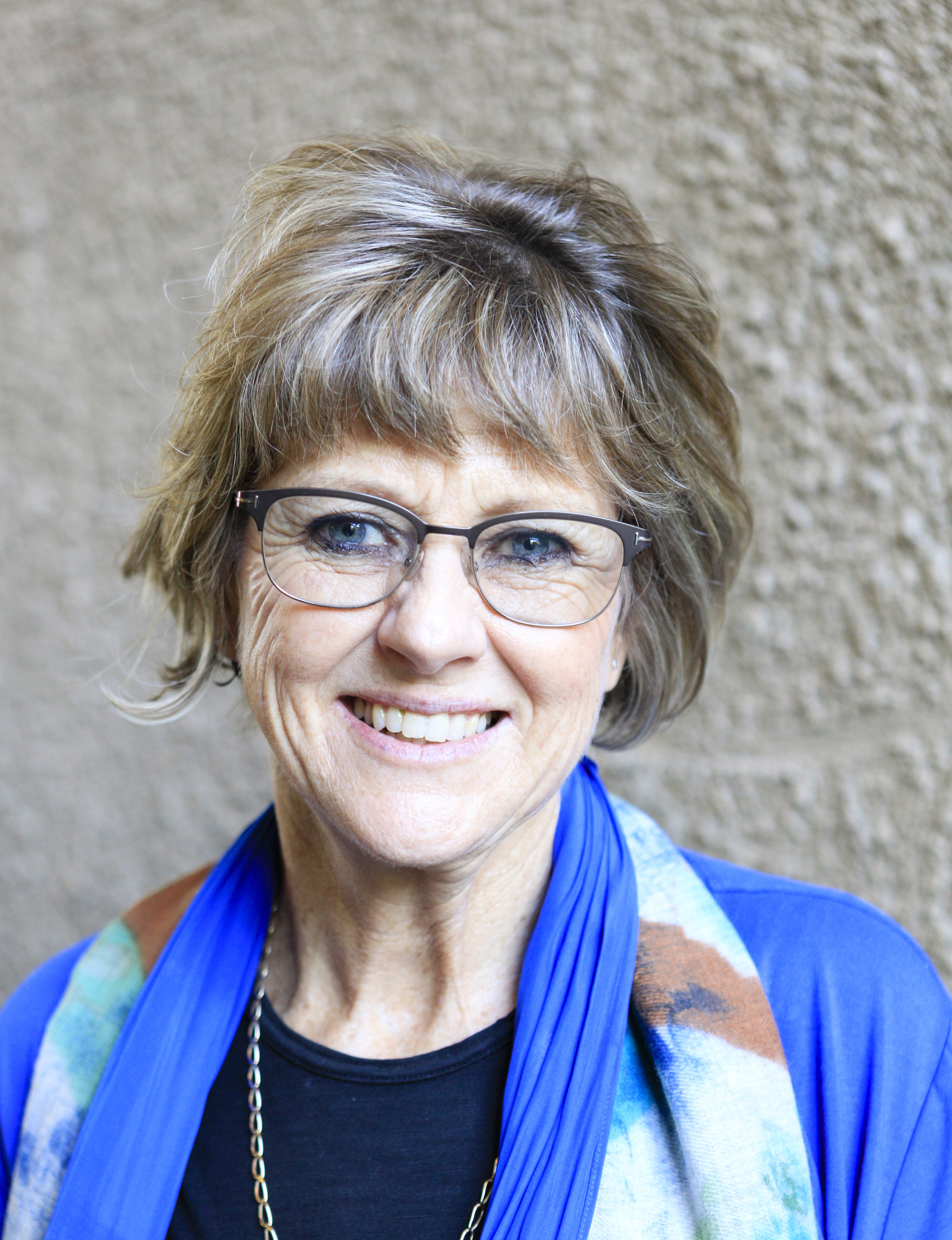Lessons I've Learned from Dee Bradshaw


The phone rang, some Tuesday afternoon in October 2015.
“It’s Dee Bradshaw”, the unfamiliar voice said. “I think we should meet.”
That was the beginning of the now budding relationship between Mineral Law in Africa and the Minerals to Metals initiative. When my team met Dee’s, a short while later, for a show and tell, two impressions were made. The first was the keen interest with which Dee listened. The second was the sheer number of mental TV screens she could have up and running simultaneously, at any given time, in her head. It was, at once, overwhelming and energizing.
In the months that followed, Dee made a massive effort to befriend us, on a personal and professional level. For her it was nothing special – she did that to everyone she got to know – and yet, that is what made her so exceptionally special. Somehow she had the ability to see the ways things fitted together, and how people fitted into the greater scheme of things, and she was committed to finding ways to make that transcendental vision a reality.
Two lines of hers remain with me, now that we’ve had to say goodbye to her prematurely.
The first was “cutting off the ponytail”. She said this to me several times, and she would gesture, holding an imaginary ponytail in her one hand and snipping it off with the fingers of her other hand. She used this line every time to symbolize her realization that the professional qualities, the expertise, the very reputation that got her appointed in her position as SARChI Chair for Mineral Beneficiation, would not serve her in realizing the vision she had for the Chair. It was, instead, the very person she was, her extroverted, boundary-bashing self (“Rules? I spit on rules!”), that would be needed. It required her to tap into a much deeper resource than simply her professional persona.
This is a lesson I think each of us should embrace, as we move through our lives and our careers: In the end, what we can contribute, is not our knowledge or expertise. It is, only, our very special Selves.
The line became profound for me, much later, when in the wake of chemotherapy treatment Dee lost all of her hair; a badge that she wore with pride, and one that she used to symbolize the uncertainty of the space she knew we are heading towards, following her vision.
The second line was “you must be at the table”. She would say this to me, specifically, meaning that if one wants to make a contribution, you must claim your place. When I complained about the exorbitant cost of the Mining Indaba, one year, she said “I know, but you must be at the table”, and she was right. She said, “we need you at the table” when I had misgivings about what the contribution from my quarters, from law scholarship, could possibly be to the much bigger issues that made up her world. And as she was unveiling her master plan, bit by bit, and I couldn’t follow, she kept reminding me “you must be at the table.”
Dee’s words are ringing in my ears when I talk to colleagues and go to conferences, and get a sense of how overwhelming the problems are that we are trying to tackle: Poverty, inequality, underdevelopment, poor governance, corruption, the unsustainability of our modern lifestyles. I register these, and hear her say “You. Must. Be. At. The. Table.”
We have said goodbye to Dee’s body, but not to her spirit, and definitely not to her vision.
Hanri Mostert
